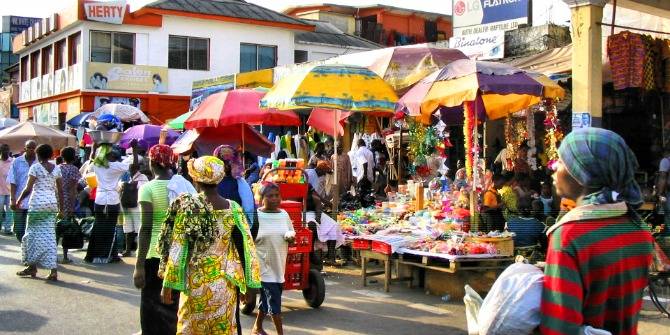
The Economist Intelligence Unit (EIU) has predicted that Ghana’s Gross Domestic Product (GDP) growth rate will drastically slow down to 1.3 per cent in 2023, due to rising prices and monetary tightening leading to a contraction in domestic demand.
This is lower than the projections of the World Bank and the International Monetary Fund.
The slowdown will result in reduced consumption and sustained cedi depreciation, which will boost net exports, the sole growth driver in 2023.
The EIU in its report said it expected growth to remain subdued in 2024 as tightening continues, but then pick up over 2025-27 driven by an uptick in gold and oil export earnings.
It also warned that macroeconomic instability and a public debt crisis would weigh on Ghana’s business environment and its ambitions to become a West African trading hub.
The government is expected to remain committed to fiscal consolidation in 2023-27, with revenue-raising measures in place to shrink the fiscal deficit.
However, the EIU predicted that a slowing economy would keep the revenue/GDP ratio below potential in 2023, despite the revenue mobilisation measures in the 2023 budget.
The report also stated that the cost of loans would worsen and projected a 31.5 per cent policy rate by the Bank at the end of the year.
This, according to the report, would subsequently increase the cost of living and doing business in Ghana.
The Bank of Ghana in March 2023 increased the Monetary Policy Rate (MPR) to 29.5 per cent by 150 basis points (bps), citing the need to anchor inflation expectations towards the medium-term target of 8±2 per cent.
The UK-based firm said new taxes, depreciation of the cedi and soaring domestic prices for food, fuel, and utilities will keep average inflation elevated in 2023, at 38.1%.
“We, therefore, expect further rate rises throughout 2023 to a terminal rate of 31.5 per cent. The policy rate will be held steady in 2024 as inflation slows. We expect monetary loosening to start only from the second half of 2025, followed by additional sharper cuts in 2026-27 (taking the rate to 23% by end-2027) as supply-side inflationary pressures abate,” it added.
Furthermore, the EIU said securitisation of central bank loans to the government would weigh on liquidity and limit access to credit for micro, small and medium-sized enterprises (MSMEs).
The Governor of the Bank of Ghana, Dr Ernest Addison, in March 2023, said the Monetary Policy Committee hiked the policy rate on concerns to moderate liquidity in the system in order to underpin macroeconomic adjustments taking place to drive inflation on a downward path.
“To place the economy firmly on the path of stability and reinforce the pace of disinflation, it is important that the monetary policy stance be tuned further to re-anchor inflation expectations towards the medium-term target. Given these considerations, the MPC decided to increase the Monetary Policy Rate by 150 basis points to 29.5 per cent,” he explained. —Myjoyonline.com



